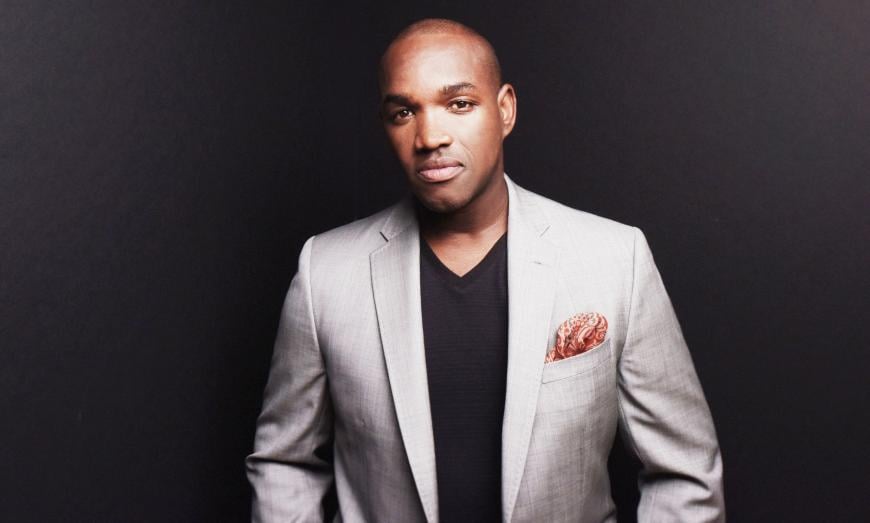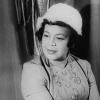
In his latest Warner recital, Rising, the phenomenal American tenor Lawrence Brownlee turns his attention from high-flying Rossini to the poetry of the Harlem Renaissance. Responding to the challenges that African Americans have faced, the Rising project has commissioned songs by “some of today’s most talented African American composers,” setting poems that speak to our collective struggles and triumphs.
Alas, the liner notes are far too sketchy, with limited information about the project, the poets, and the composers involved. From the booklet alone, you wouldn’t know that the four wonderful Songs of the Seasons by Margaret Bonds are the work of a midcentury composer whose achievements are finally getting the attention they have long deserved. These songs from 1955 set four poems by Bonds’s friend, Langston Hughes, useful information for a listener.

Thankfully, we can gather some information about Rising from Brownlee’s website. Online, the scope of the project is spelled out clearly, and each track lists the poet whose words are used. Hughes stands out as by far the most popular poet; 17 of the 29 songs set his poetry.
Brownlee has performed the program in key U.S. cities with his excellent, naturally recorded accompanist Kevin J. Miller. And the singing is everything we’ve come to expect from the tenor. His instrument is glorious, his diction exemplary, and his delivery consistently vibrant and impassioned. Every note is voiced fearlessly. The high C that concludes Bonds’s joyous “Summer Song” is superb, and hers isn’t the only song whose high tessitura would automatically eliminate it from the repertoire of many of today’s tenors.
The subject matter is as urgent as the artistry. “How would you have us, as we are? / Or sinking ’neath the load we bear?” asks James Weldon Johnson in his poem “To America,” set to powerful music by Damien Sneed. “Our eyes fixed forward on a star? / Or gazing empty at despair?” No one in America whose eyes, mind, and heart are connected can hear these words without reflecting on the history of slavery in this country and the continued oppression of Black people in a land that, for some, has never been “great.”
Everyone will have their favorites on this recording. Inevitably, some meldings of words with music impress more than others. To my sensibilities, Sneed’s three opening songs, Bonds’s cycle of the seasons, Jasmine Barnes’s “Peace” and “Invocation,” Shawn E. Okpebholo’s “Romance,” and Robert Owens’s four-song Desire and five-song Silver Rain are the most successful.
I wish that Brownlee were more willing to moderate his voice. Rarely do we hear any hint of the mezza voce and changes in tone and dynamics that make for great art-song interpretation. The all too few times that he softens a bit, his voice is prone to momentarily flicker. Nor, when he sings of laughter, does he sound anything less than serious.
Happily, so many of these songs are self-recommending that there’s every reason for other singers to take them on. Life is so challenging at this time in history that anyone who can sing movingly of love, tenderness, peace, and celebration is a gift for the soul. As is Brownlee’s artistry, which is strongest in songs that uncompromisingly convey the pain, sorrow, determination, and triumph of African Americans throughout this country’s history.




